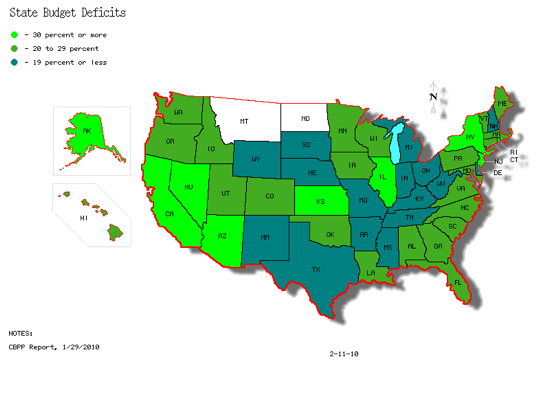In January 2001 as the dot com boom burst online education site wwwrrr.com went out of business overnight, literally. Coverage tended to focus on the employees – who ultimately filed a class action lawsuit for back pay and 401k contributions.
Lost in that ugly coverage was the blunt reality for teachers and schools that the new era of on-line content had a very dark side. Teachers who were relying on wwwrrr’s materials on January 9th were left with absolutely nothing on January 10th. They had no warning.
When schools buy a textbook they own the thing. If the vendor stops offering the book the school still has the thing. With cloud-based solutions schools are buying a license to a service. If the vendor stops offering the service it evaporates. Teachers rightly want some assurance that if they integrate a useful solution into their lesson plans that they can use it for several years.
 The Education Business Blog
The Education Business Blog


 Is the instructional materials market in the tank? I’ve spoken with people at a dozen companies who are all seeing the same thing – since November 1st a moderately down market has dropped like a stone. A senior executive at one of the big 4 publishers flatly stated that this was the worst he’d seen it in 35 years. I’m inclined to agree.
Is the instructional materials market in the tank? I’ve spoken with people at a dozen companies who are all seeing the same thing – since November 1st a moderately down market has dropped like a stone. A senior executive at one of the big 4 publishers flatly stated that this was the worst he’d seen it in 35 years. I’m inclined to agree. When textbooks go fully digital what will schools buy? Will they buy individual lessons, units of 2-3 weeks length, or full curriculum that span a year the way they do today? This is the $5 billion question facing our industry.
When textbooks go fully digital what will schools buy? Will they buy individual lessons, units of 2-3 weeks length, or full curriculum that span a year the way they do today? This is the $5 billion question facing our industry.
 One of the fundamental shifts
One of the fundamental shifts  By Doug Stein
By Doug Stein
 Why can’t teachers buy lessons like people buy songs off of iTunes? Are publishers at risk of irrelevance if they don’t proactively solve this problem for their customers?
Why can’t teachers buy lessons like people buy songs off of iTunes? Are publishers at risk of irrelevance if they don’t proactively solve this problem for their customers? How will the economic downturn affect education budgets? How are executives at publishing houses and education technology firms planning for the recession?
How will the economic downturn affect education budgets? How are executives at publishing houses and education technology firms planning for the recession?